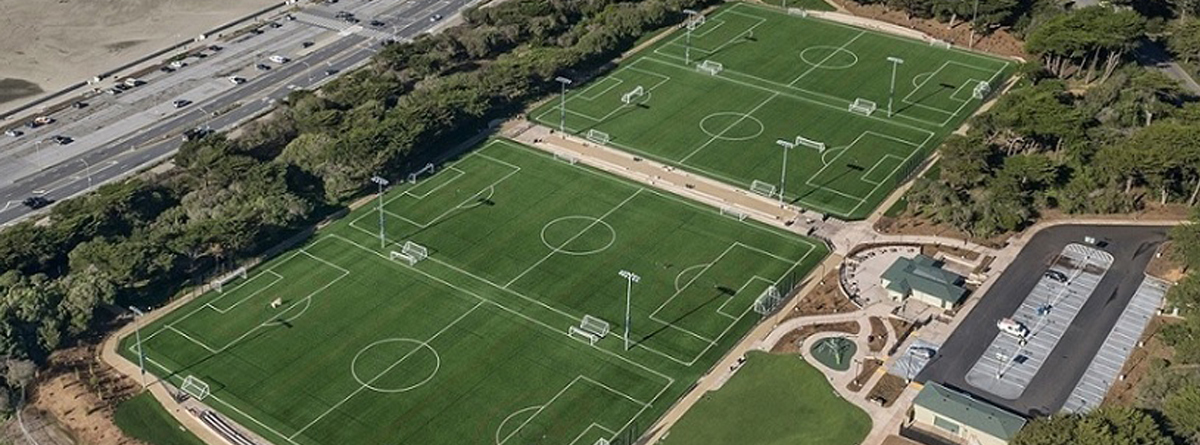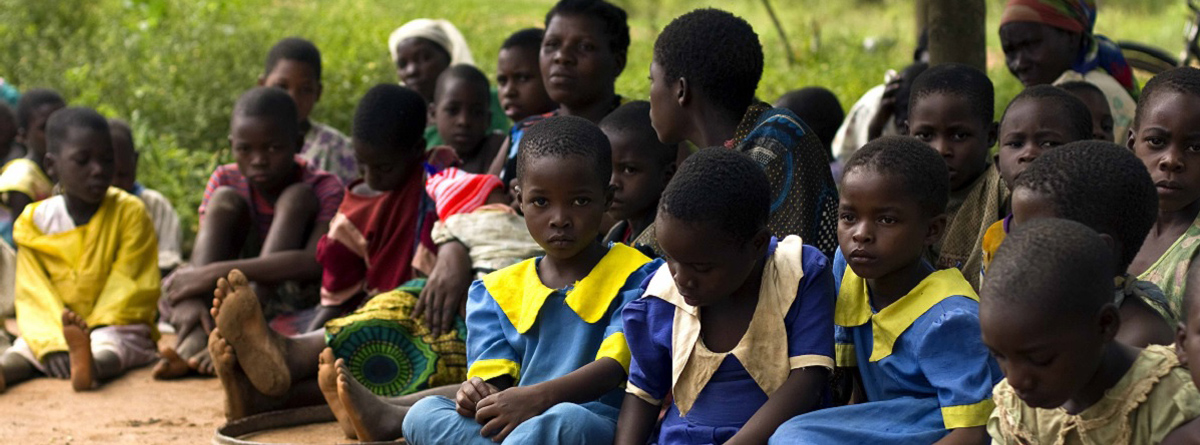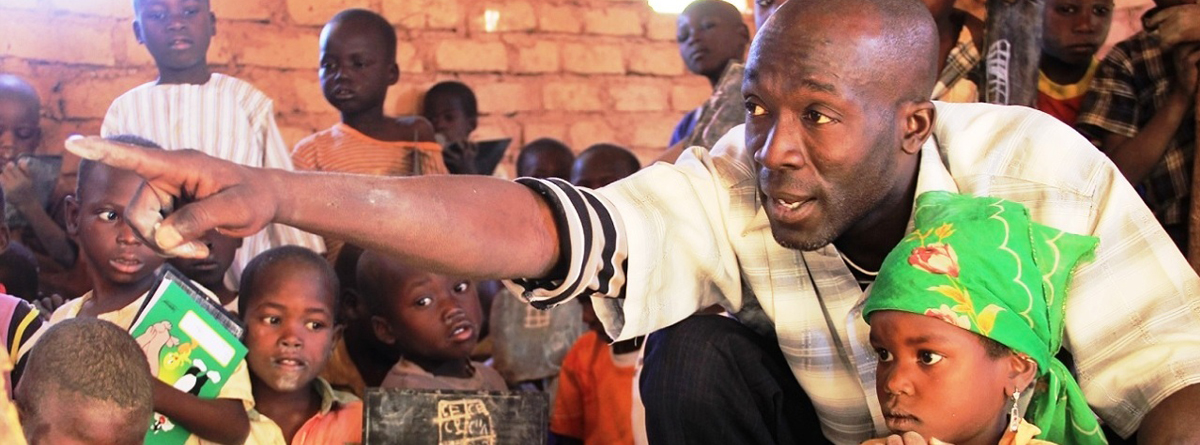
The Diaspora
World Cup
World Cup
|
|
Ethiopia
Columbus - Dublin

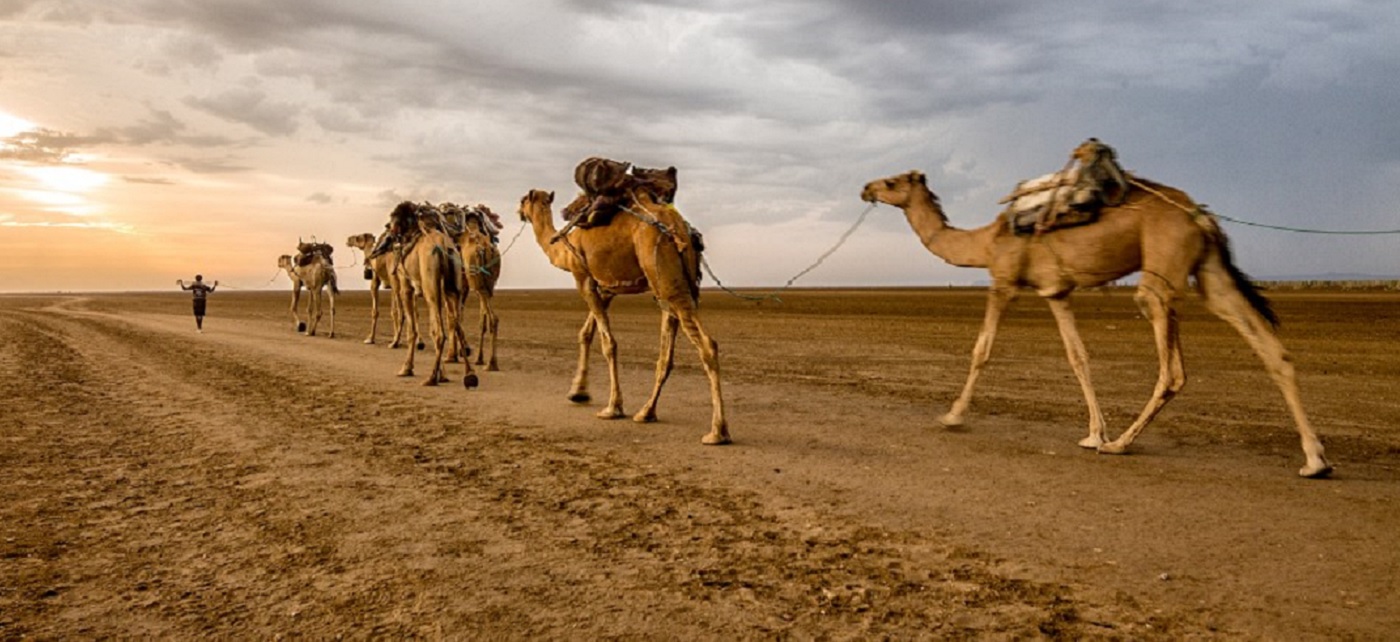
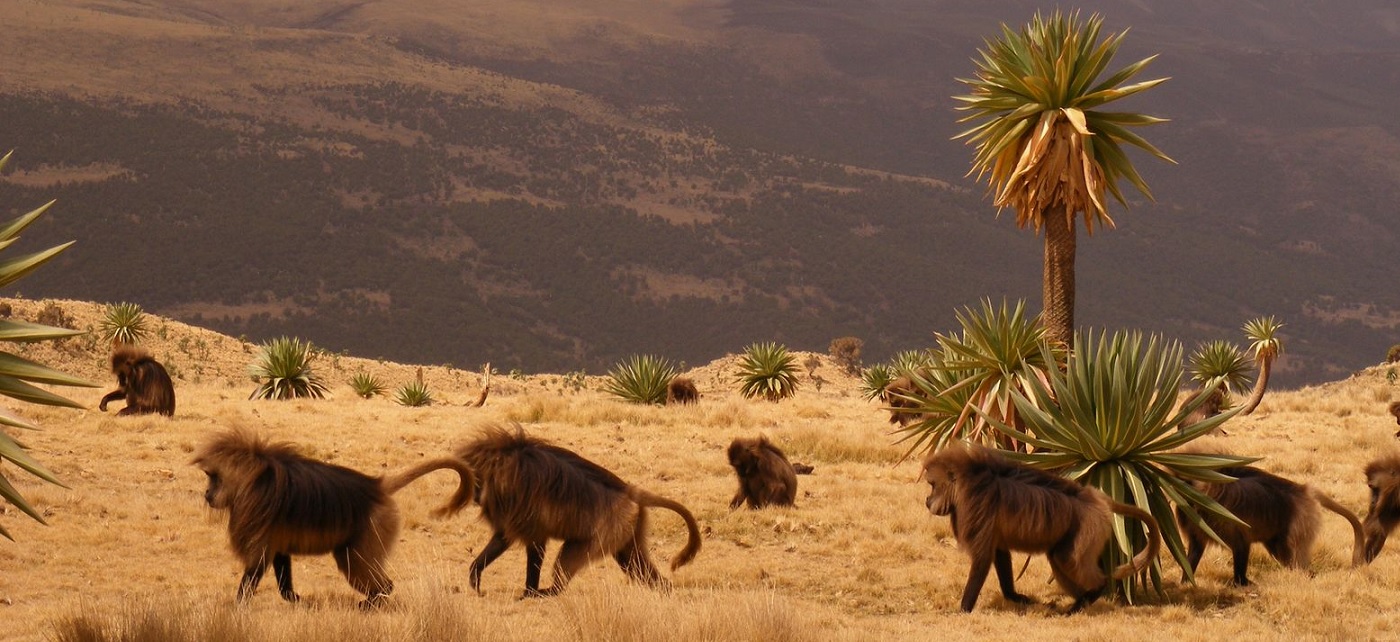
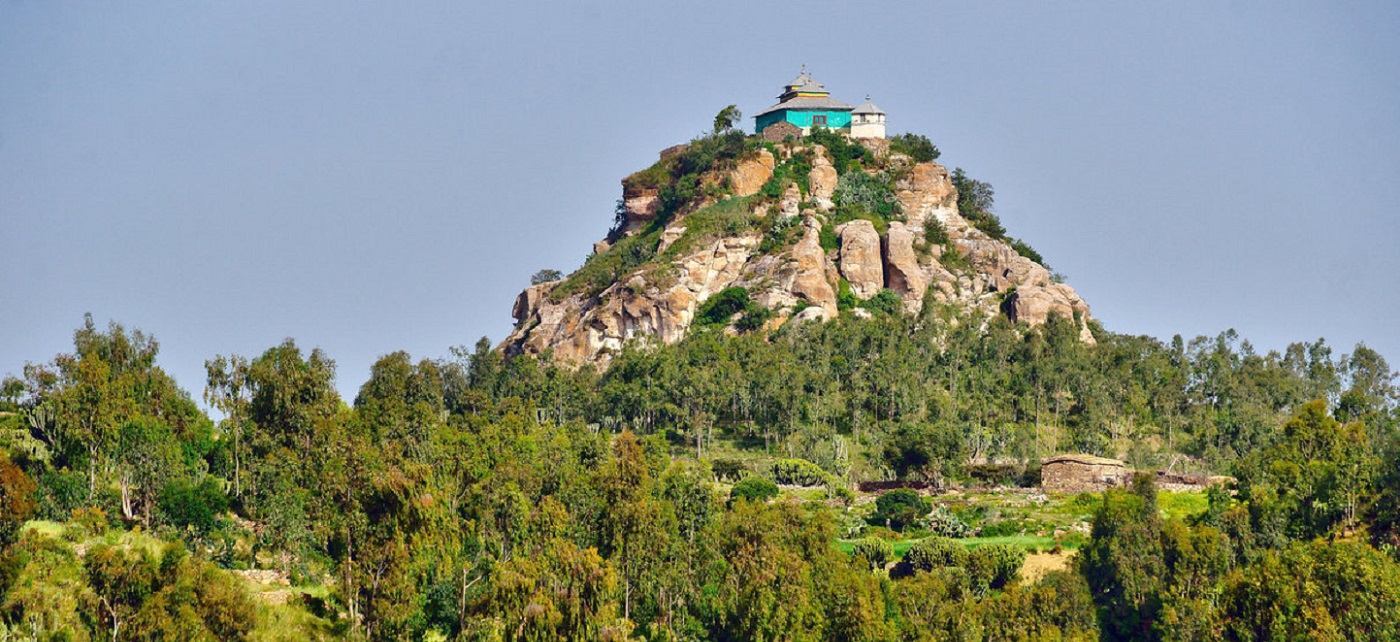
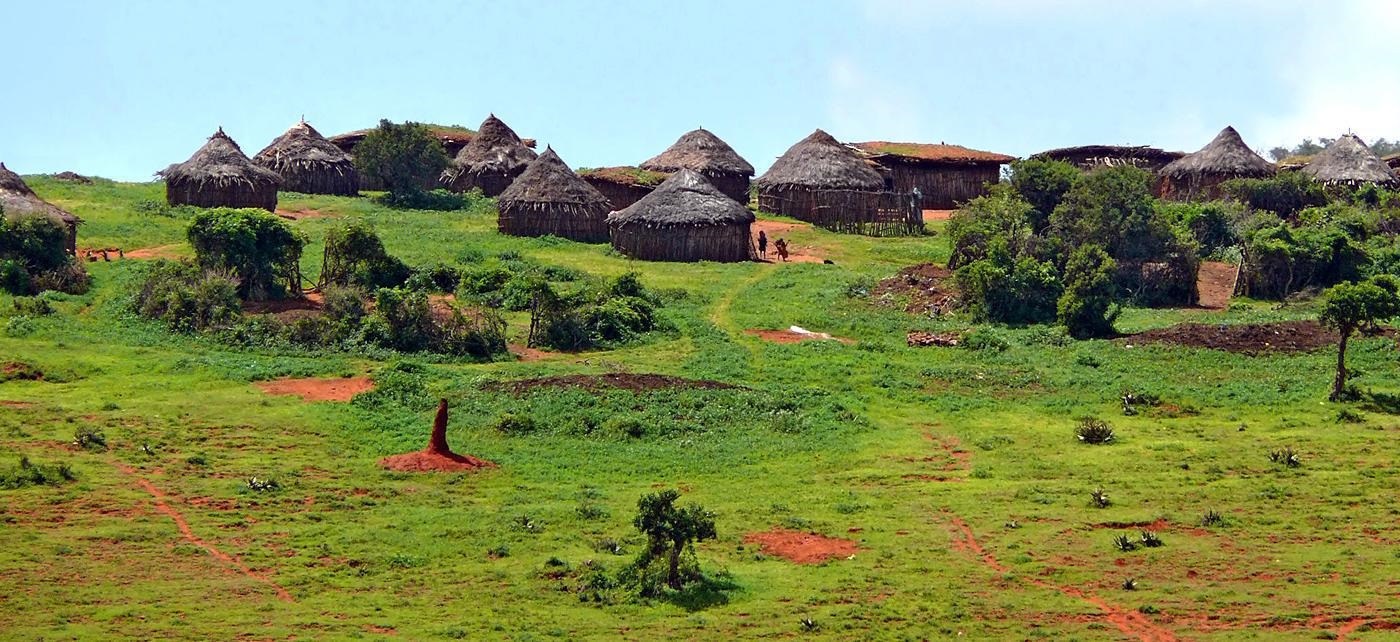
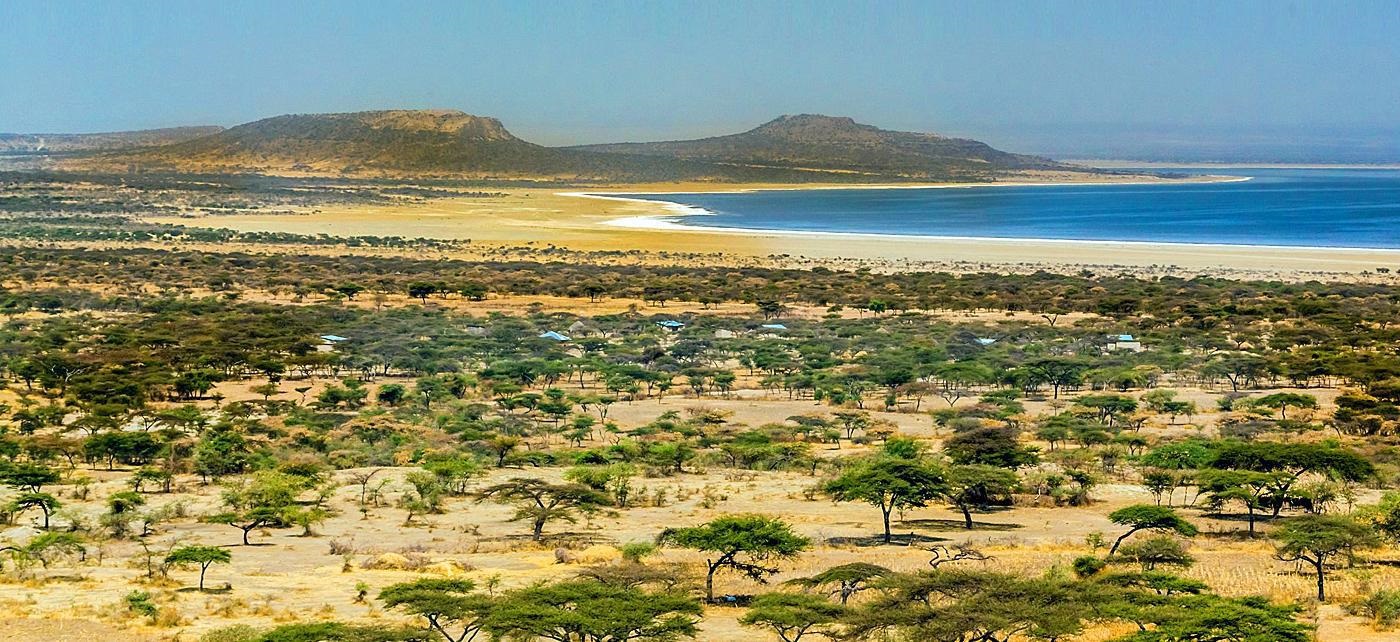
Perfil
Ethiopia is a landlocked country located in the Horn of Africa. Officially known as the Federal Democratic Republic of Ethiopia, it is the second-most populous nation in Africa with over 85.2 million people and the tenth-largest by area with its 1,100,000 km2. The capital is Addis Ababa. Ethiopia is bordered by Eritrea to the north, Sudan to the west, Djibouti and Somalia to the east, and Kenya to the south.
A monarchy for most of its history, the Ethiopian dynasty traces its roots to the 2nd century BC. Besides being an ancient country, Ethiopia is one of the oldest sites of human existence known to scientists today, having yielded some of humanity's oldest traces. It may be the region from which Homo sapiens first set out for the Middle East and points beyond.
Ethiopian culture is multi-faceted, reflecting the ethnic diversity of the country. Among many traditional customs, respect (especially of one's elders) is very important. In Ethiopian culture it is customary to rise up out of one's seat or give up one's bed for an older friend or family member, even if they may be just a year older. As soon as the child is capable of understanding, he is made aware that all individuals older than he should be respected and shown the most deference. Not to do so is a sign of being rude. The music of Ethiopia is extremely diverse, with each of Ethiopia's ethnic groups being associated with unique sounds. Some forms of traditional music are strongly influenced by folk music from elsewhere in the Horn of Africa, especially Somalia. However, Ethiopian religious music also has an ancient Christian element, traced to Yared, who lived during the reign of Gabra Masqal.
The best known Ethiopian cuisine consists of various vegetable or meat side dishes and entrées, usually a wat, or thick stew, served atop injera, a large sourdough flatbread made of teff flour. One does not eat with utensils, but instead uses injera to scoop up the entrées and side dishes. Tihlo prepared from roasted barley flour is very popular in Amhara, Agame, and Awlaelo . Traditional Ethiopian cuisine employs no pork or shellfish of any kind, as they are forbidden in the Islamic, Jewish, and Ethiopian Orthodox Christian faiths. It is also very common to eat from the same dish in the center of the table with a group of people.
The Ethiopian Diaspora Football team represents Ethiopia in the Diaspora World Cup. This 2011 will be their first appearance.
Last Update: December 2010
A monarchy for most of its history, the Ethiopian dynasty traces its roots to the 2nd century BC. Besides being an ancient country, Ethiopia is one of the oldest sites of human existence known to scientists today, having yielded some of humanity's oldest traces. It may be the region from which Homo sapiens first set out for the Middle East and points beyond.
Ethiopian culture is multi-faceted, reflecting the ethnic diversity of the country. Among many traditional customs, respect (especially of one's elders) is very important. In Ethiopian culture it is customary to rise up out of one's seat or give up one's bed for an older friend or family member, even if they may be just a year older. As soon as the child is capable of understanding, he is made aware that all individuals older than he should be respected and shown the most deference. Not to do so is a sign of being rude. The music of Ethiopia is extremely diverse, with each of Ethiopia's ethnic groups being associated with unique sounds. Some forms of traditional music are strongly influenced by folk music from elsewhere in the Horn of Africa, especially Somalia. However, Ethiopian religious music also has an ancient Christian element, traced to Yared, who lived during the reign of Gabra Masqal.
The best known Ethiopian cuisine consists of various vegetable or meat side dishes and entrées, usually a wat, or thick stew, served atop injera, a large sourdough flatbread made of teff flour. One does not eat with utensils, but instead uses injera to scoop up the entrées and side dishes. Tihlo prepared from roasted barley flour is very popular in Amhara, Agame, and Awlaelo . Traditional Ethiopian cuisine employs no pork or shellfish of any kind, as they are forbidden in the Islamic, Jewish, and Ethiopian Orthodox Christian faiths. It is also very common to eat from the same dish in the center of the table with a group of people.
The Ethiopian Diaspora Football team represents Ethiopia in the Diaspora World Cup. This 2011 will be their first appearance.
Last Update: December 2010
País Ubicación


